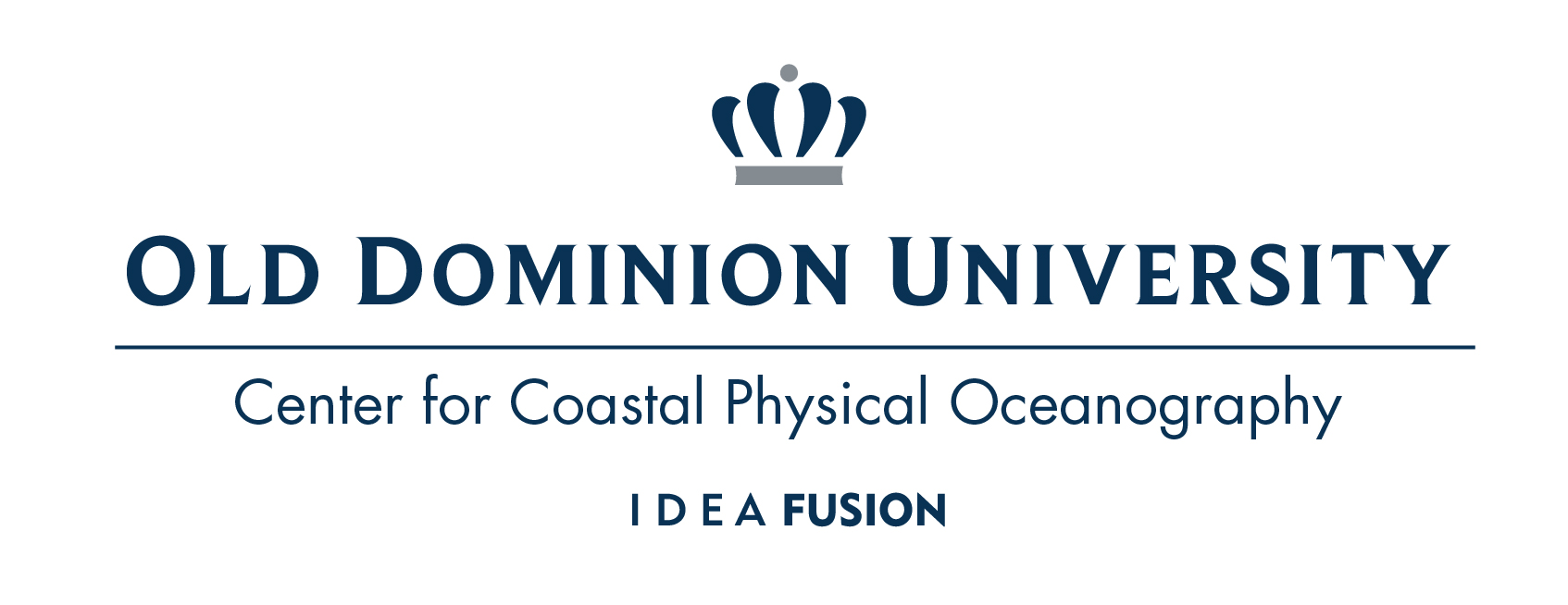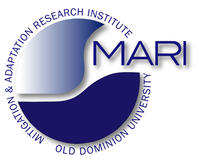

Researchers, stakeholders, and decision-makers all agree that
the ultimate solution to ocean acidification, "the other CO2 problem",
is carbon dioxide emissions mitigation. But until that can be achieved
through widespread energy infrastructure changes, we must identify
locally appropriate adaptation responses to ocean acidification's
effects that will prepare human communities and the marine ecosystems
they depend on. However, our knowledge of ocean acidification and its
effects is also incomplete, so decisions must be made despite great
uncertainty. Action around ocean acidification currently focuses on
conducting research on key species and ecosystems, evaluating resource
vulnerability to ocean acidification, and developing adaptive
technologies to assist businesses at the front lines of harm.
Encouragingly, even more adaptive solutions may exist to ocean
acidification and other global ocean changes through terrestrial and
marine resource management, technological innovation, and even human development.
Sarah Cooley is the Science Outreach Manager in the Ocean Acidification Program at Ocean Conservancy. She conducts scientific research to support the development of sound ocean acidification policy, and she provides input on policies that support ocean acidification research. Previously, she was a research scientist at Woods Hole Oceanographic Institution, where she also completed her postdoctoral studies. She received a Ph.D. from the University of Georgia's School of Marine Sciences in 2006, and a B.S. from Haverford College in 1999. Sarah's research interest is how global ocean change affects marine resource availability, and how that in turn impacts human communities.

|
CCPO Innovation Research Park Building I 4111 Monarch Way, 3rd Floor Old Dominion University Norfolk, VA 23508 757-683-4940 |

|